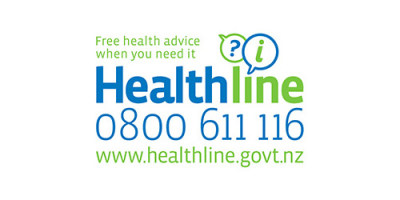Vege-cation: Exchanging seedlings for conversations
What do you get when you cross a vegetable with education? You get ‘vege-cation’ – an innovative programme using gardening to start important conversations within the Marlborough Pacific community.
Over 90 per cent of Pacific families in Marlborough come straight from the islands with little understanding of New Zealand’s way of life.
A Pacific health needs analysis in 2011 identified many families are isolated and disconnected from services, citing cost, leadership and communication as barriers.
The vege-cation programme was designed to help eliminate these barriers.
Vege-cation uses free vegetable seedlings as a way for community workers to get a foot in the door to talanoa (dialogue) with Pacific people and share information about health and other services.
Talanoa creates enquiries, which leads to conversations, which may change attitudes and habits.
The results
Within the 185 families registered for the vegecation programme, 20 per cent quit smoking; 75 per cent increase in GP enrolments; 60 per cent improvement in engagement with service providers and nearly all families reported a noticeable reduction in their food bill.
Health literacy also improved; B4 school checks and oral health checks increased and young parents were more aware about help for pregnancy and related services.
A flow-on effect of the vege-cation programme was the establishment of two playgroups – Tongan and Samoan – with increased playgroup participation by 15 per cent.
More barriers broken down
Another spin off is Fi + E, a food and education programme that teaches people how to cook the food they grow.
Community health manager Amaroa Katu says she and her colleagues believe their success is down o the people delivering the programmes.
“It’s more than just food and gardening – we are there for the Pacific community and they know who to ask,” she says. “Once you have a couple of families on board, more families come, then their churches, the leaders and the community as a whole.”
Page last updated: 29/06/2018





